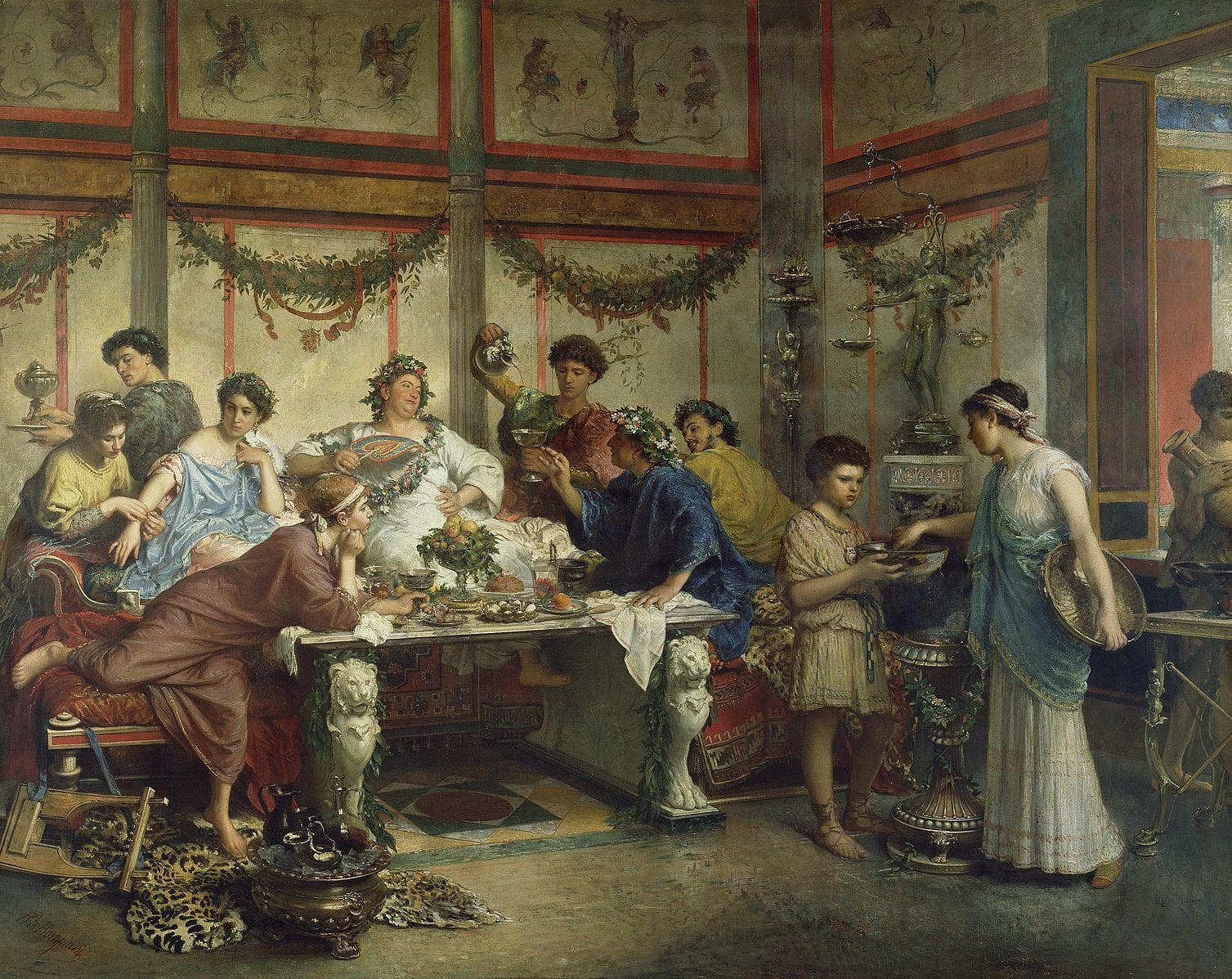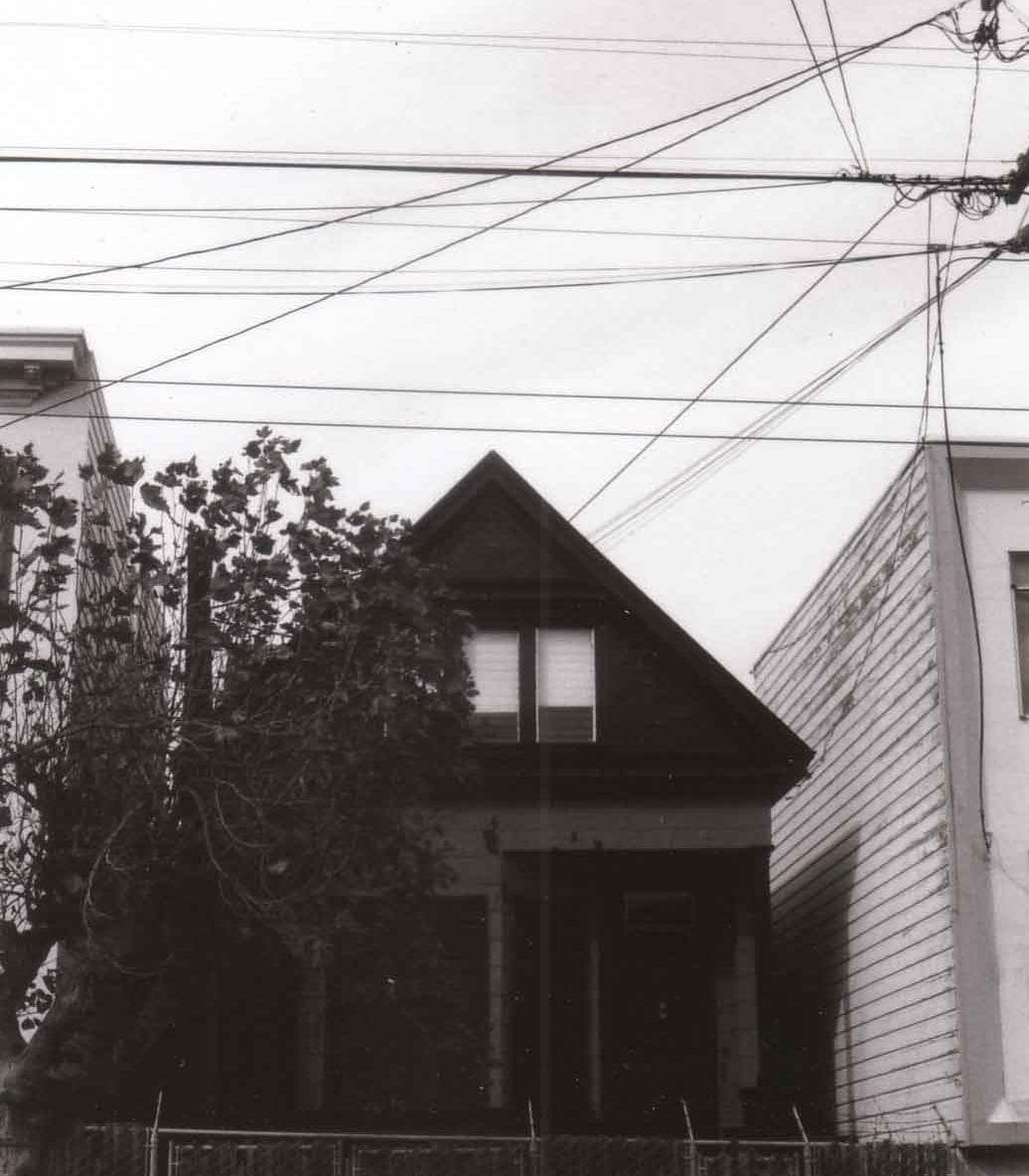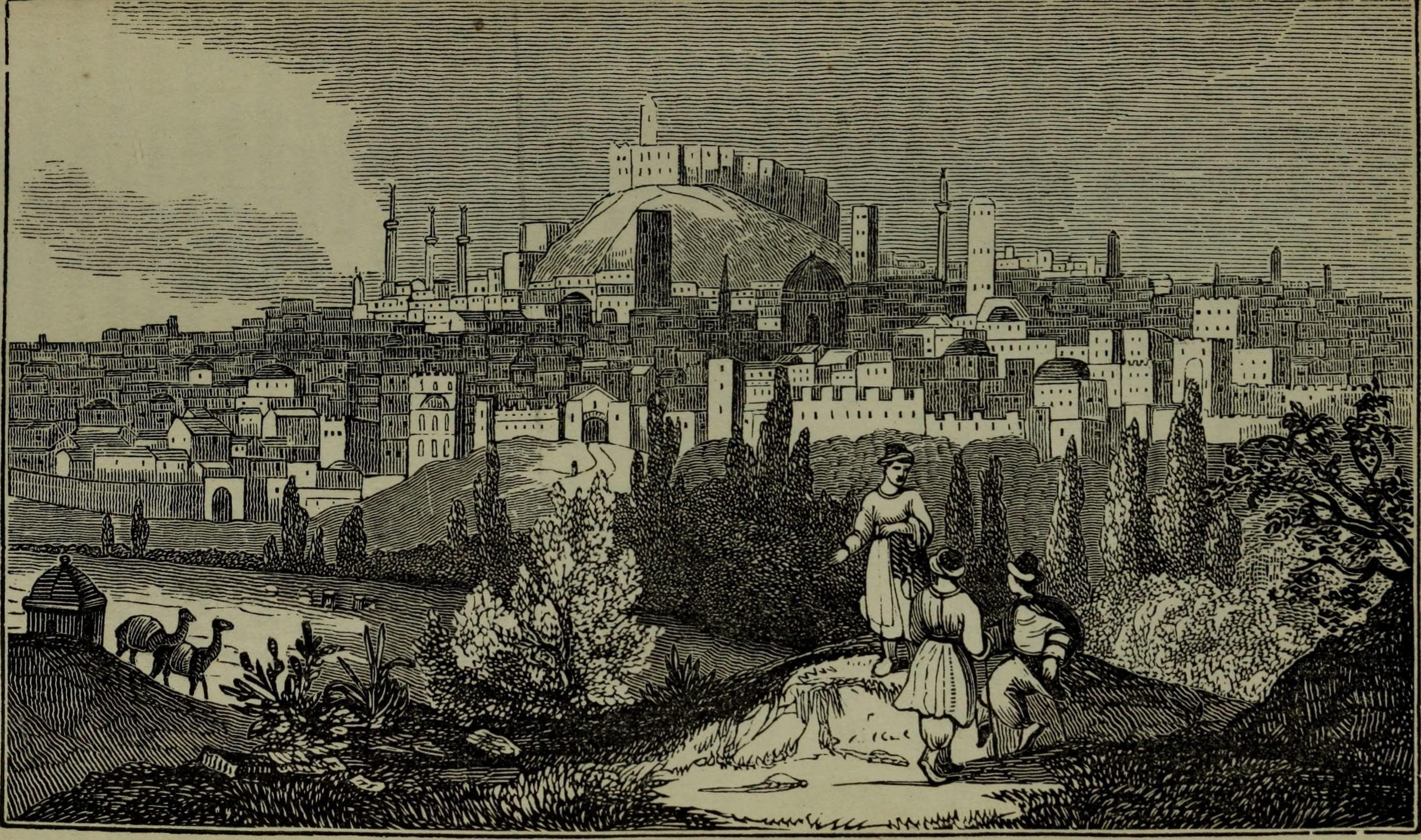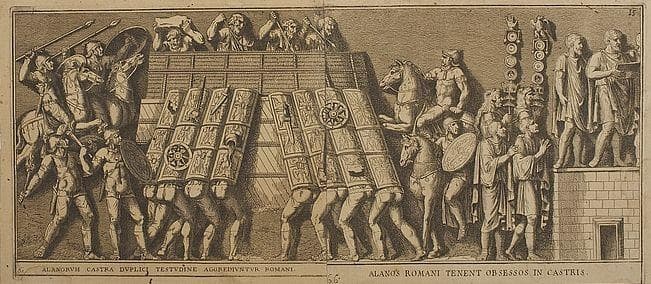-
(#1) Moving Out Of A Convent Can Lead To Culture Shock
The mass exodus of nuns who left the Catholic Church between the late 1960s and early '80s placed a lot of formerly religious women into a tumultuous culture defined by change, conflict, and uncertainty. During this era, activisim was a normal part of life for secular folks, and involved issues like civil rights, anti-war protests, and feminism.
Interested "in spirituality and a meaningful life of service," Nancy Bancroft took the habit in 1966. But, after seven years, Bancroft realized the convent wasn't for her. Seeing that women in the outside world were achieving more autonomy - and unwilling to suppress her desire to have a family of her own - she left.
Bancroft experienced culture shock when she returned to American life. As she told The Atlantic:
It was like Rip Van Winkle waking up. People were smoking pot and [being] promiscuous. Everything was open. It was a huge shock. My life had been pretty sheltered from the [substance] culture and free love. I found a lot of that culture shallow and boring. I did miss the closeness of community life, and there was a depth of experience in religious life.
-
(#2) Some Have Trouble Dating For The First Time Ever
Pennsylvania native Patricia Dwyer made her first vows as a nun in 1972. Four years earlier, when she was only 18, Dwyer began her service at a convent called Sisters of St. Joseph. She joined at such a young age because the "civil rights movement and themes of social justice were a rallying cry to serve."
Some years later, in 1990, Dwyer acknowledged the life was no longer for her. Taking a leave of absence from the order, she met with her mother and finally came to terms with the truth. "I’m pretty sure I’m gay," she admitted.
Dwyer left the Catholic Church for good in 1991, new to the decade and to her own sexuality. Having never dated anyone seriously, initiating contact with other women was daunting for her:
Even more intimidating was dating women for the first time. In high school, I had attended the occasional school dance or prom with a boy, but being out and open as a lesbian was terrifying and exhilarating at once. Determined to get my new life started, I picked up a copy of the Washington Blade, DC’s gay newspaper, and found a listing for a lesbian happy hour at a bar in Dupont Circle.
Eventually, Dwyer was able to find like-minded companions after reconciling with the fact that she'd been emotionally stunted by her time as a nun.
-
(#3) Ex-Nuns Might Become Activists To End Celibacy Or Give Women Greater Roles In The Church
Many former nuns have dedicated their post-convent lives to speaking out against celibacy and the downgraded role women deal with in the church.
One ex-nun, Dorothy Donnelly, has written and spoken extensively about what she calls "sexual spirituality." Once a member of Sisters of St. Joseph in Orange, Donnelly realized it "was not honest to declare a vow of celibacy" anymore. Instead, she testifies that "sexuality is a gift, not an affliction," and has even been invited to share her stance at her former convent.
For Donnelly, there is nothing holier than empowering women and their voices within the church. In her opinion, attraction and sensuality are at the core of anyone's spiritual experience:
The essence of being human is learning how to love. Prayer is a relationship, a love affair. Change your image of God to God as lover. God is in the act of constant seduction - we are in the act of constant resistance.
Donnelly continues to do what she can to stir the pot with the Catholic Church.
-
(#4) Spending Money After Years Of Poverty Might Lead To Guilt
Nuns take vows of "poverty, chastity and obedience," and they acclimate to life devoid of material possessions or monetary value. When they leave their convents, many ex-nuns struggle with participating in a society ruled by money and spending.
Dwyer, around the time she disavowed her designation, described herself as having an "external persona that represented integrity and honesty" competing with an "interior life plagued by guilt." Many former nuns have admitted to struggling with the same guilt.
When nuns left the church en masse in the '60s and '70s, they labored to find work in an ever-evolving job market. They left the church with no money, and they had no financial literacy skills.
In Toronto, Canada, a woman named May McGovern helps what she calls "other dropouts" adjust to life outside the church, especially when it comes to finances. She and other volunteers like her help former nuns wrap their heads around rent, work, and recurring bills. One ex-woman of the cloth, when asked about her financial experience, told McGovern, "Oh yes, I added up the money in the poor box every month!"
-
(#5) Ex-Nuns Often Find Work In ‘Helping’ Careers, Such As Social Work Or Teaching
While some former nuns struggle with inner demons and substance dependency, others adapt by turning their dedication to service into a viable career in the secular world. Bancroft was able to do exactly this. As she describes her work:
I got my master’s in counseling and worked in a women’s substance... program. I wasn’t sure if I’d like it or be any good at it, but I figured this could be a good field for me. Later, a superior I had written to suggested private-practice counseling, specializing in working with clergy and the religious.
Another former nun, Karen Leahy, believed her "heroes were outside the convent. They were working in the neighborhoods, among real people with real problems, trying to bring justice."
In the mid-'80s, a non-canonical group called the Sisters for Christian Community formed to create a network for sisters who feel outside the Roman Catholic tradition. Claiming that 90% of their members were former nuns in 1985, the group's purpose is to guide these women toward a life of service.
-
(#6) They Frequently Fall In Love, Marry, And Have Children
A large number of Catholic nuns who leave the church do so because they want to fall in love, marry, and have their own families. One such story focuses on two former nuns in Italy.
Federica and Isabel both worked at a treatment center for substance users while they were nuns. During their time as colleagues, they fell in love with one another. In order to be together, both women were forced to leave the Catholic Church.
The couple was able to officiate their bond via a civil union in 2016, but the fact that the church will never legitimate their status haunts them. "God wants people happy, to live the love in the light of the sun," Isabel shared with the Italian newspaper La Stampa.
For straight former nuns, love and marriage are also major motivating factors behind their choice to leave the convent. Bancroft "met a man at the state hospital, and it was love at first sight." As she described:
He was the one for me, and it was the first time I’d felt that way. We went out a month after we had started working together. Two weeks later, he asked me to marry him. We’ve been married for 44 years.
-
(#7) Some Ex-Nuns Become Ministers In Other Christian Churches
Bancroft, missing the sense of community she garnered from her days as a nun, decided to attend a Protestant service with her family.
She began attending church services regularly, and when she heard the minister was retiring, she told her husband, "I feel a calling." She went on to describe her transition into becoming a Protestant minister:
Being a Catholic nun and Protestant minister are very different beliefs, religions, and ways of celebrating. A priest and a minister may be closer, but a sister was never a leader, not in the Catholic Church. It was always men, men, men, never women, and that was one of my bugaboos. So, I applied, and they selected me. I served as the minister for a couple years.
-
(#8) Before Vatican II, Ex-Nuns Could Not Discuss Why They Left Or Communicate With Former Fellow Sisters
Due to strict guidelines handed down by the Vatican before the 1965 change, nuns who left their convents before the Second Vatican Council were treated like deserters.
After she told her superior and all the proper channels were informed, a nun was escorted off the convent property either in the middle of the night or during early morning prayer. She was discouraged from communicating with the sisters she'd developed strong bonds with, and she was told not to return to the convent.
This created emotional challenges and conflict between nuns and ex-nuns, especially in small communities where they were liable to run into each other. Should they happen to cross paths, nuns were instructed to treat their former sisters as if they didn't exist.
-
(#9) Many Leave The Catholic Church Altogether Over Resistance To Its Teachings
Some nuns choose to leave the church as a matter of principle. Bancroft opened up about her spiritual journey with The Atlantic:
In the 1990s, I left the Catholic Church for a number of reasons. I didn’t like the Church’s stance on sexuality, sexual identity, bishops’ response to priests’ [maltreatment], and not allowing women to be priests.
Another ex-nun, British woman Karen Armstrong, separated herself from Catholic doctrine after leaving the convent. A prolific writer and monotheist, Armstrong has endured criticism from the Catholic Church over her attempts to unify all religious beliefs under the Golden Rule: "Do unto others as you would have them do unto you."
-
(#10) Ex-Nuns Often Lose Their Sense Of Identity
Former nuns who reenter society after years or decades removed from it often struggle to understand who they are and what they want out of life. Many women in this situation spent their time in convents striving toward an unrealistic state of spiritual perfection, deprived of amenities and close contact with others.
One woman, Mary Johnson, who served as a nun for two decades in Mother Teresa's Missionaries of Charity, lived in turmoil over what was expected of her:
If you think there’s this perfect person that you’re called to imitate and you have to live exactly like that... even this person didn’t achieve this image that you have. You’re placing demands that are impossible to meet, and being frustrated all the time.
When she left, Johnson had no sense of identity, and she had to learn how to love herself outside the confines of Catholicism. As she wrote, "I fell in love. I fell apart. Between [episodes of anxiety] and bouts of depression, I published my work in periodicals and on National Public Radio. Finally, after a long spiritual struggle, I found I had outgrown my religious faith. I let go."
-
(#11) Some Former Nuns Question Their Womanhood And Femininity
Nuns commit themselves to a life of celibacy, and when they choose to leave their convents, the feelings and urges they'd suppressed for so long resurface.
Not only do these ex-nuns endeavor to understand their own status as human beings, but they endeavor to understand it within the context of a much larger world that is constantly evolving.
One former nun, Kelli Dunham, has made a career as a storyteller and comic since leaving Mother Teresa's Missionaries of Charity. Dunham has come out as genderqueer, a non-binary sexual identity. As they described in an interview:
I’ve always kind of had this gender identity, which I feel like has been the... I always was a tomboy, and I always felt like, “I don’t know if ‘girl’ completely describes me,” but also, it didn’t seem like it fit in anywhere.
Dunham was able to turn their questions about womanhood and feminity into something positive, transformational, and - according to their stand-up routine - quite funny.
-
(#12) They Might Become Members Of Other Women’s Spiritual Christian Communities
One of the reasons nuns decide to dedicate themselves to the Catholic Church is for the sense of community. When they decide to leave, former nuns grapple with that loss, and they find fellowship in other spiritual groups.
The Sisters for Christian Community is one such group. While still Catholic, this non-canonical group is defined by freedom, love, and acceptance. In an interview with the Los Angeles Times, founder Lillianna Kopp shared her philosophy about the former nuns she's created a space for:
They didn’t leave their former communities because they didn’t like religious life or because they were alienated from them, but with a great deal of love and affection for them. They simply wanted more room for initiatives and innovation in their ministries in line with Vatican II.
Former nun Leahy found community in a non-denominational social justice faith group. This group made her realize her "heroes were outside the convent." She went on to write, "I can see now that my attention was being drawn away from the Rule of the Order, from belief that living in a prayerful community of women was the most worthy thing you could do with your life."
-
(#13) Nuns Who Didn’t Like The Church Hierarchy Might Go On To Jobs Where They Have More Of An Opportunity To Be A Leader
After years or decades of silent and subservient worship, ex-nuns find their inner voices, and are often drawn toward professions that put them in the limelight and allow them to develop leadership skills.
From comedians to ministers to professors, ex-nuns have found themselves in jobs that require managing and initiating. One ex-nun, Patricia Reif, pioneered the master's program in feminist spirituality at Immaculate Heart College. Outspoken and provocative in her views, Reif was a natural leader who, in 1984, said, "Sexism certainly is a justice issue. Sexism is a sin."
Another former nun who realized her capacity to be a natural leader is Maria Consuelo Ledesma, a former Filipina nun who has become the spokeswoman for the underground women's movement in the Philippines. Talk about a far cry from a quiet life of worship.
-
(#14) Life Becomes Less Serious And Intense
Reflecting on her journey toward self-discovery after leaving the convent, Johnson said, "The most precious thing we have is our ability to be ourselves, I think, and to come to know who we are and to grow out of the center of our being."
Many former nuns eventually reach a point in their lives where they take themselves and their lives less seriously, truly distancing themselves from what Johnson referred to as an existence "buttressed by authority and well-oiled by obedience."
While it took a long time, Dwyer finally reconciled her past with her present, and found an authentic identity and peace in the process:
Perhaps most gratifying, I felt grounded in and accepting of who I had become, never hedging in new job pursuits or introducing my spouse, Connie, as a "special friend."
-
(#15) They Miss The Communal Singing
Hymns are musical expressions of religious devotion within Catholicism, and singing is a common facet of life for many nuns. Ex-nuns have sought outlets for this communal form of worship.
Leahy was able to find such a group after she was asked to join an Episcopal choir. As she wrote:
When [Episcopal minister Bill Bolton] heard about my musical background, he asked me to help with the choir at his neighborhood mission church that served blacks, whites, Hispanics, [Roma], and Native Americans. I accepted, and the following April he asked if I would come as an adult leader with a busload of his teenagers who were going on a weekend work camp to a poor church in the Appalachians.
New Random Displays Display All By Ranking
About This Tool
Nuns are female practitioners of the Catholic Church, the Orthodox Church, the Anglican Church, and the Lutheran Church. They are responsible for the prayer ceremony and assisting priests in preaching. The nuns of the Catholic Church have their presence in every part of the world. These kind nuns have footprints in every corner of the world, conveying their faith through various loving services and dedications.
Nuns must be baptized for more than 5 years before they can apply, and they need to join a nut congregation. After becoming a nun, they cannot get married for life. With the development of society, more and more former nuns have broken away from the traditional Catholic life and returned to normal life, which also caused a lot of controversies. The random tool described 15 things about the life of former nuns.
Our data comes from Ranker, If you want to participate in the ranking of items displayed on this page, please click here.










